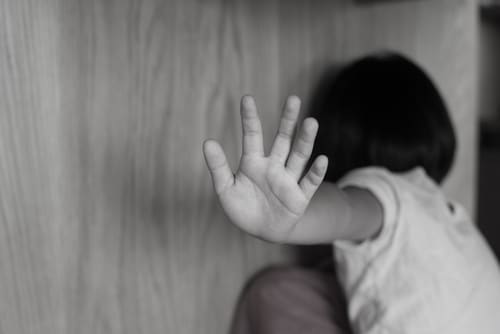
Childhood Abuse Is More Prevalent Than You Think
It is estimated that each year three million cases of child abuse are reported to authorities in the United States (source: Childhelp.org). Read More

It is estimated that each year three million cases of child abuse are reported to authorities in the United States (source: Childhelp.org). Read More

I remember as a twelve-year-old, sitting alone in our living room after one of our by then typical family meltdowns …….trying to make sense of the pain and general devastation of our once happy family……trying to understand how kind, decent and loving people could cause each other such unrelenting pain, how we could say the things we were saying, hurl insults, act out in anger and rage……I recall saying to myself “wars do these things to people, separate loved ones, wound hearts, tear families apart. But somehow, we’re doing this to ourselves.” Read More
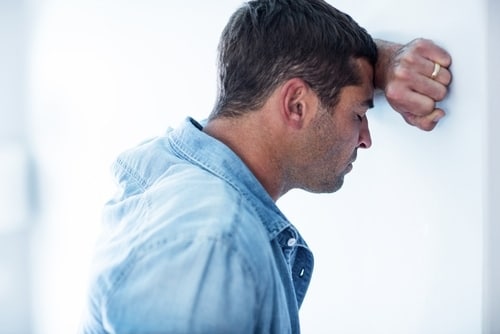
By Thomas Gagliano, MSW In order to understand why religious families inadvertently and at times unintentionally create an environment where their children run to addiction rather than God as their coping mechanism, we must first begin by understanding the mindset of a child. When we look back on our childhood, we look back through adult lenses. Since then, we have grown by our maturity and life experiences, which may have distorted the truth of our childhood. Many of us carry messages that tell us we are bad children if we get mad at our parents or disagree with them. This message can have a profound impact on the way the person feels about himself or herself in adulthood. It is important to respect our parents but we can also have different opinions. A child needs to feel their opinion is important to their parents or the child may feel he or she isn’t important. Validating and acknowledging a child’s feelings is essential if they are to have self-worth. If children are afraid to share their true feelings and doubts in fear of reprisal then who can they trust? All of these messages set up the destructive entitlement that leads to addiction. It’s no coincidence that most addictions begin before the age of 18. Read More

Although post-traumatic stress disorder (PTSD) is often associated with members of the military, veterans, police officers, emergency personnel, and people who have faced life-threatening situations, the disorder can be triggered by any overwhelming experience, including years of emotional abuse and neglect in childhood. Read More
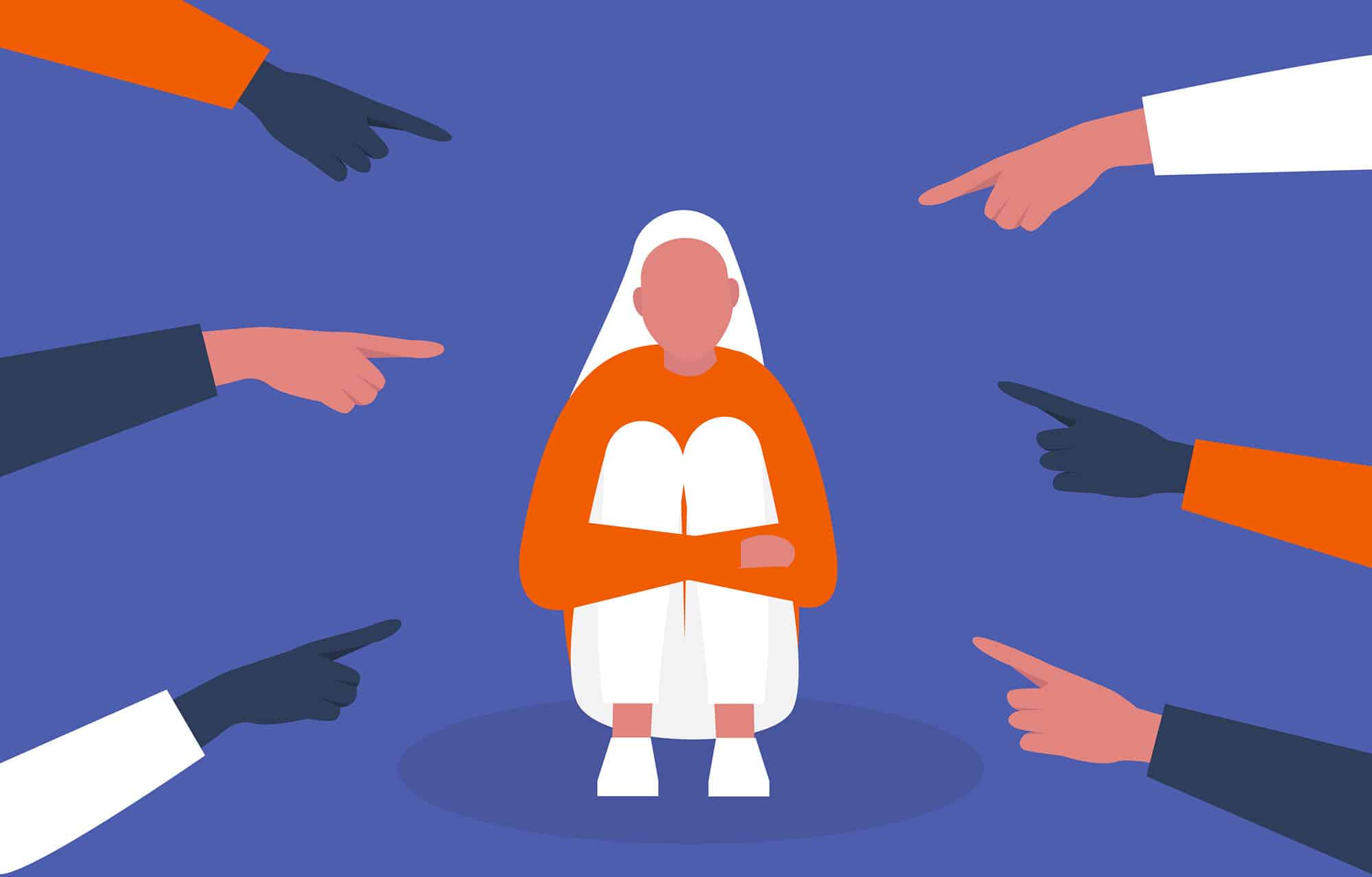
By Shahida Arabi, M.A. Complex trauma survivors face a dilemma that very few can fathom: they are forced to confront present-day stressors while attempting to resolve triggers from the past. These layers upon layers of trauma take courage, support, and time to unravel. The healing journey of a complex trauma… Read More
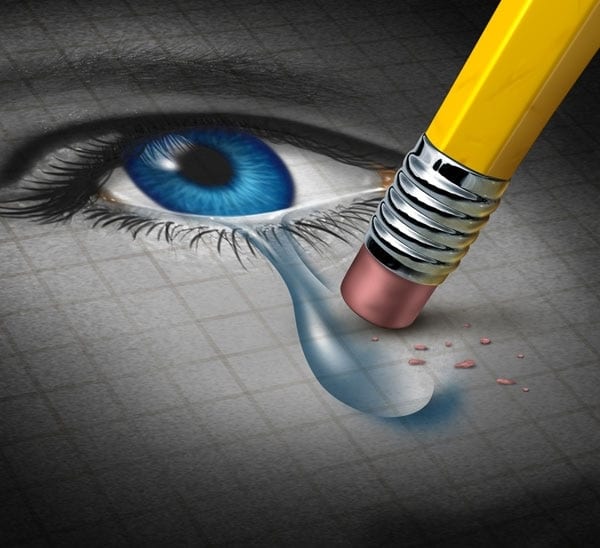
By: Dr. Georgia Fourlas, LCSW, LISAC, CSATClinical Director of Workshops, Rio Retreat Center at The Meadows There is an undeniable link between childhood trauma and the ability to cope with adult trauma. Traumatic experiences seem to build upon one another and not in a good way. Read More

By Brenna Gonzales, MS, LPC, Therapist at Rio Retreat Center at The Meadows In our culture, we’re taught that certain feelings are off-limits. There’s a general sense that if you’re not happy most of the time, you’re doing life wrong. We experience emotions for a distinct reason. They are a… Read More

The Meadows has been facilitating its signature workshop, Survivors, for more than 30 years. Many people’s lives have been changed by the opportunity to confront the deep emotional impact of their childhood trauma. Read More
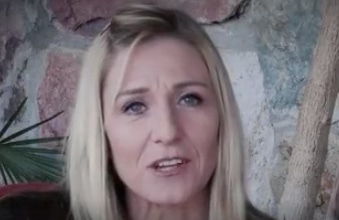
Theresa had reached a point in her life when she felt she was in a downward spiral. Her therapist recommended that she go through the Survivors I workshop at The Meadows, a five-day intensive that addresses childhood trauma. It prompted her to make a lot of… Read More

By Vicki Tidwell Palmer, LCSW The following article is based on Pia Mellody’s Post Induction Therapy model of treating childhood trauma. When it comes to dealing with childhood issues, most of us tend to gravitate toward one of the following extremes: It’s in the past, so what’s the point?It’s… Read More